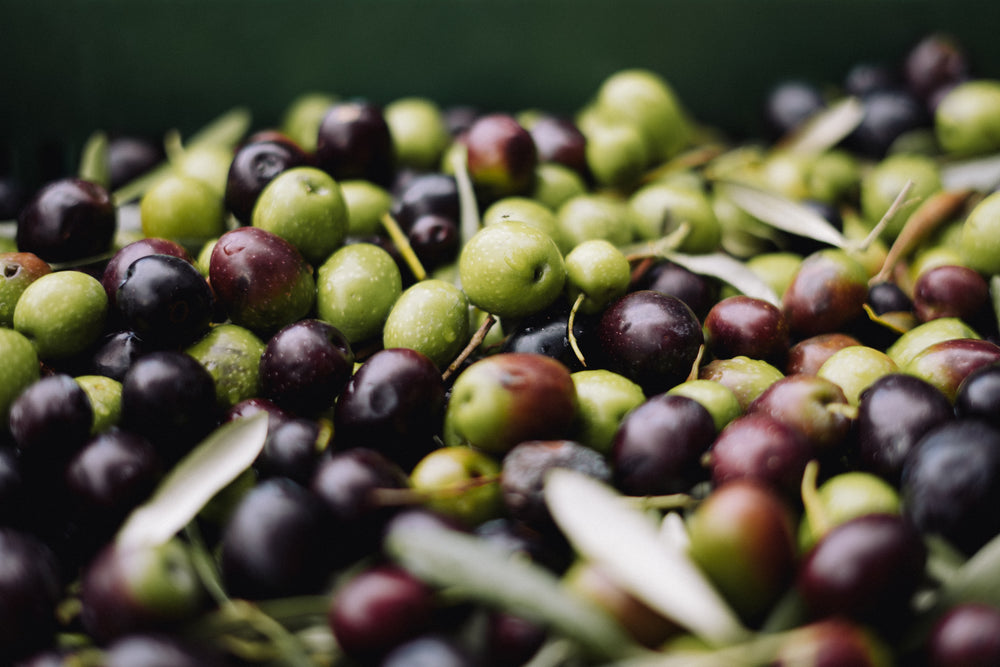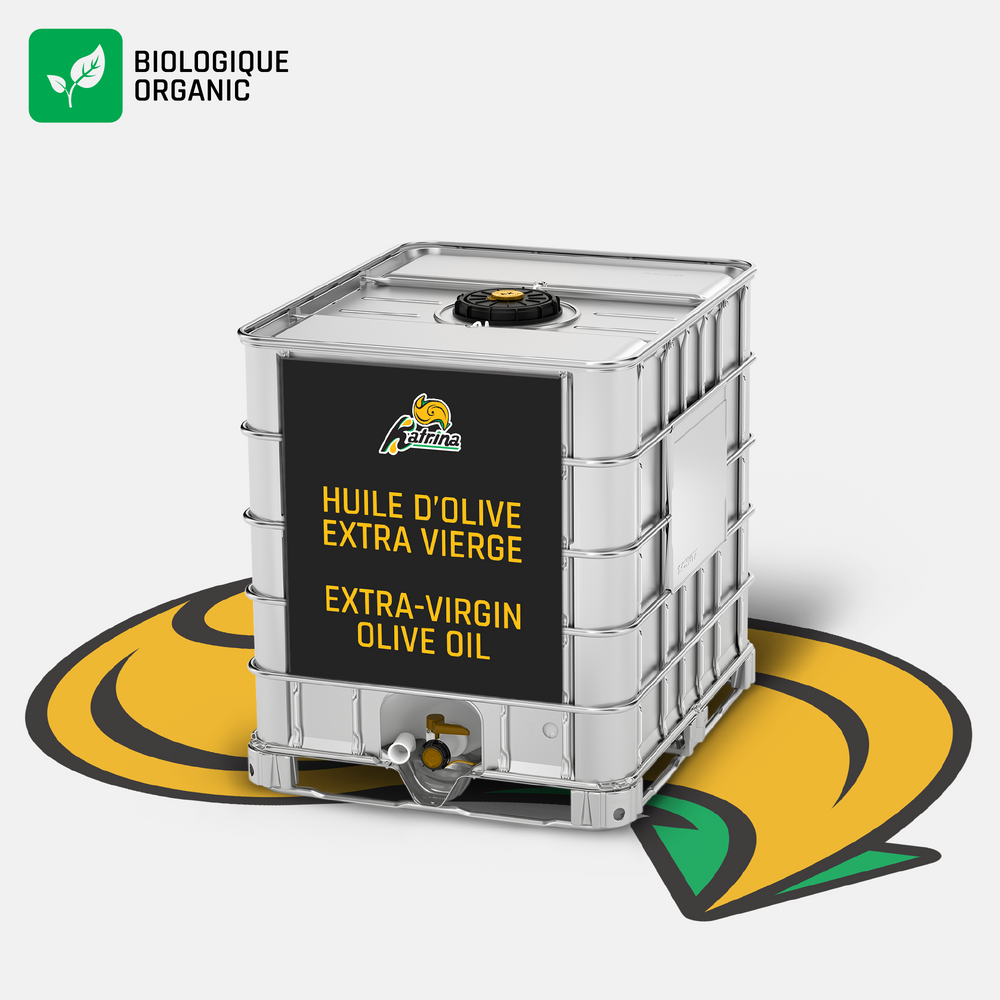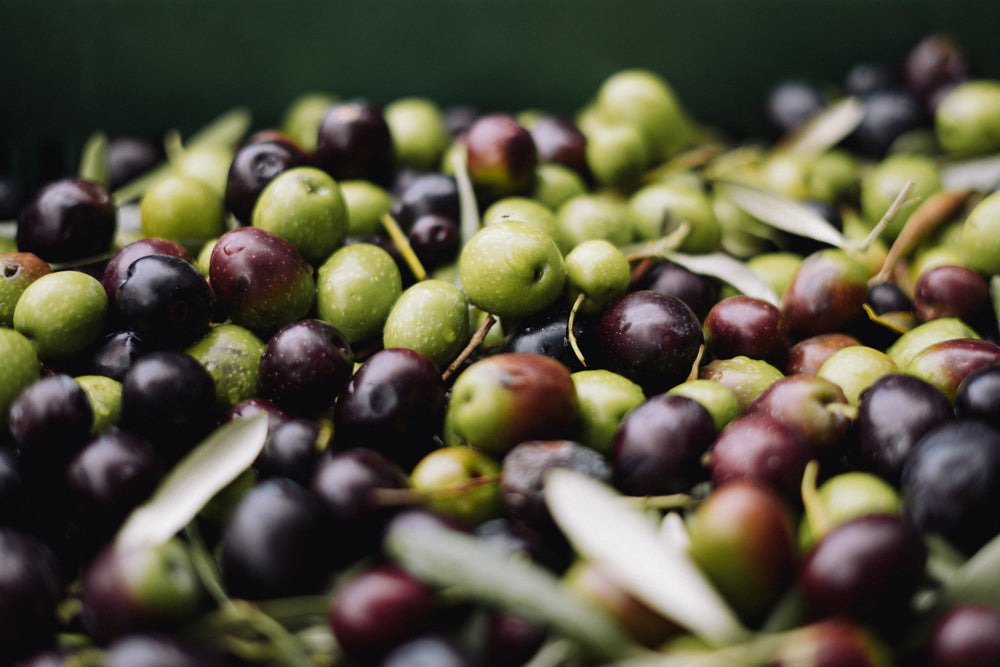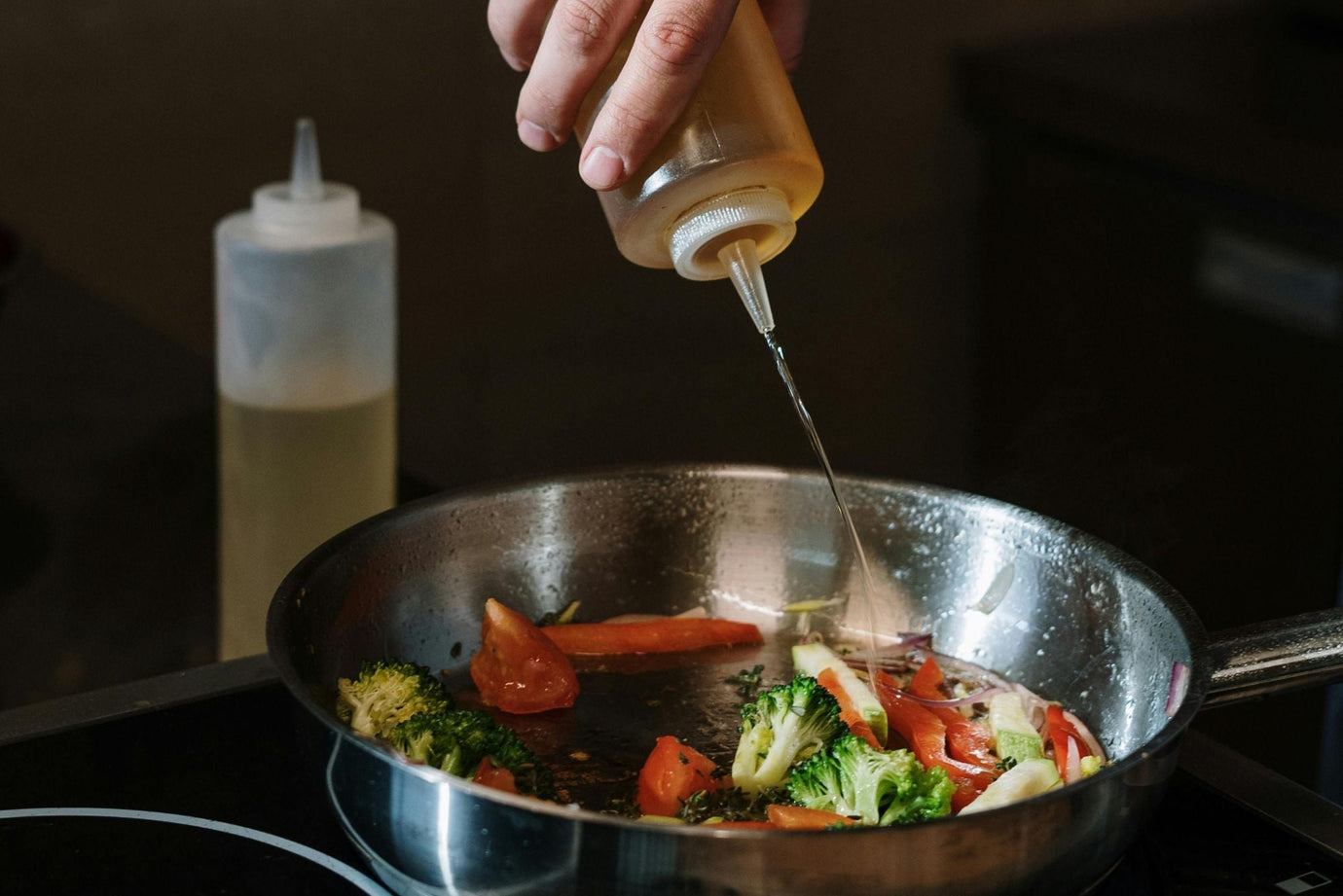Does Olive Oil Have Polyphenols? Benefits & Health Effects
When it comes to healthy cooking oils, extra virgin olive oil (EVOO) often takes the spotlight. One common question among health-conscious consumers is: Does olive oil have polyphenols?
The answer is a resounding yes. Olive oil is a rich source of polyphenols—powerful antioxidant compounds that contribute to its numerous health benefits, including improved heart health and reduced inflammation.
What Are Polyphenols?
Polyphenols are naturally occurring compounds found in various plant-based foods. These antioxidants combat oxidative stress and inflammation, both of which are linked to chronic diseases. Olive oil, especially extra virgin olive oil, is particularly high in these beneficial compounds, making it a staple in the heart-healthy Mediterranean diet.
Types of Polyphenols in Olive Oil
Olive oil contains several types of polyphenols that contribute to its health benefits. According to research published in The Journal of Nutrition and other studies, the primary polyphenols in olive oil include:
- Oleuropein: Known for its anti-inflammatory and antimicrobial properties.
- Hydroxytyrosol: A potent antioxidant that supports cardiovascular health.
- Tyrosol: Offers neuroprotective benefits.
- Oleocanthal: Provides anti-inflammatory effects similar to ibuprofen.
- Lignans: Associated with cancer-preventive properties.
Which Olive Oil Has the Most Polyphenols?
Not all olive oils are created equal. Extra virgin olive oil (EVOO) contains the highest levels of polyphenols compared to other grades. The polyphenol content in EVOO is preserved because it is produced through mechanical pressing without heat or chemicals.
Factors Influencing Polyphenol Content:
- Olive Variety: Certain olive types naturally contain more polyphenols.
- Harvesting Time: Early-harvest olives have higher polyphenol levels.
- Processing Methods: Cold-pressed oils retain more polyphenols.
- Storage Conditions: Polyphenols degrade when exposed to light, heat, and air.
Pro Tip:
Look for oils labeled as “early harvest” or those specifying high polyphenol content. Organic EVOO from cooler climates tends to have higher levels of these antioxidants.
Olive Oil vs. Coconut Oil: Polyphenol Content
How does coconut oil compare to olive oil in terms of polyphenols? While coconut oil has unique health benefits due to its medium-chain triglycerides (MCTs), it falls short in polyphenol content.
Research published in the Journal of Agricultural and Food Chemistry highlights the diverse phenolic profiles of extra virgin olive oil, identifying key compounds like secoiridoids, phenolic alcohols, flavonoids, and phenolic acids, which contribute to its health benefits. If your goal is to maximize antioxidant intake, olive oil is the superior choice.
Health Benefits of Olive Oil Polyphenols
The polyphenols in olive oil have been linked to a variety of health benefits, supported by scientific studies:
1. Cardiovascular Health
Polyphenols in olive oil have been shown to lower blood pressure and improve cholesterol profiles. For example, this study showed that a diet rich in olive oil polyphenols significantly reduced both systolic and diastolic blood pressure and improved endothelial function in young women with mild hypertension.
2. Cancer Prevention
Olive oil polyphenols, such as hydroxytyrosol and oleuropein, exhibit antioxidant and anti-inflammatory effects that may reduce cancer risks. Research suggests that these polyphenols combat oxidative stress and inflammation, key drivers of cancer development.
3. Brain Health
Polyphenols like hydroxytyrosol and tyrosol have neuroprotective properties.
Olive oil polyphenols have been shown to up-regulate genes associated with neuroprotection and reduce markers of oxidative stress, potentially lowering the risk of neurodegenerative diseases such as Alzheimer’s.
How to Maximize Polyphenols in Your Diet
To get the most out of olive oil’s polyphenols, follow these tips:
- Choose High-Quality EVOO: Opt for oils labeled as cold-pressed and early-harvest. Organic options are often richer in polyphenols.
- Store Properly: Keep olive oil in a dark, cool place to prevent degradation.
- Use It Raw: While cooking with olive oil is fine, using it raw (e.g. in dressings) helps retain its full polyphenol content.
Conclusion
So, does olive oil have polyphenols? Absolutely. Extra virgin olive oil is a powerhouse of these beneficial compounds, supporting heart, brain, and overall health. To maximize the benefits, choose high-quality EVOO, store it properly, and enjoy it in raw or minimally processed forms. By incorporating EVOO into your diet, you’ll harness the full antioxidant power of its polyphenols.









